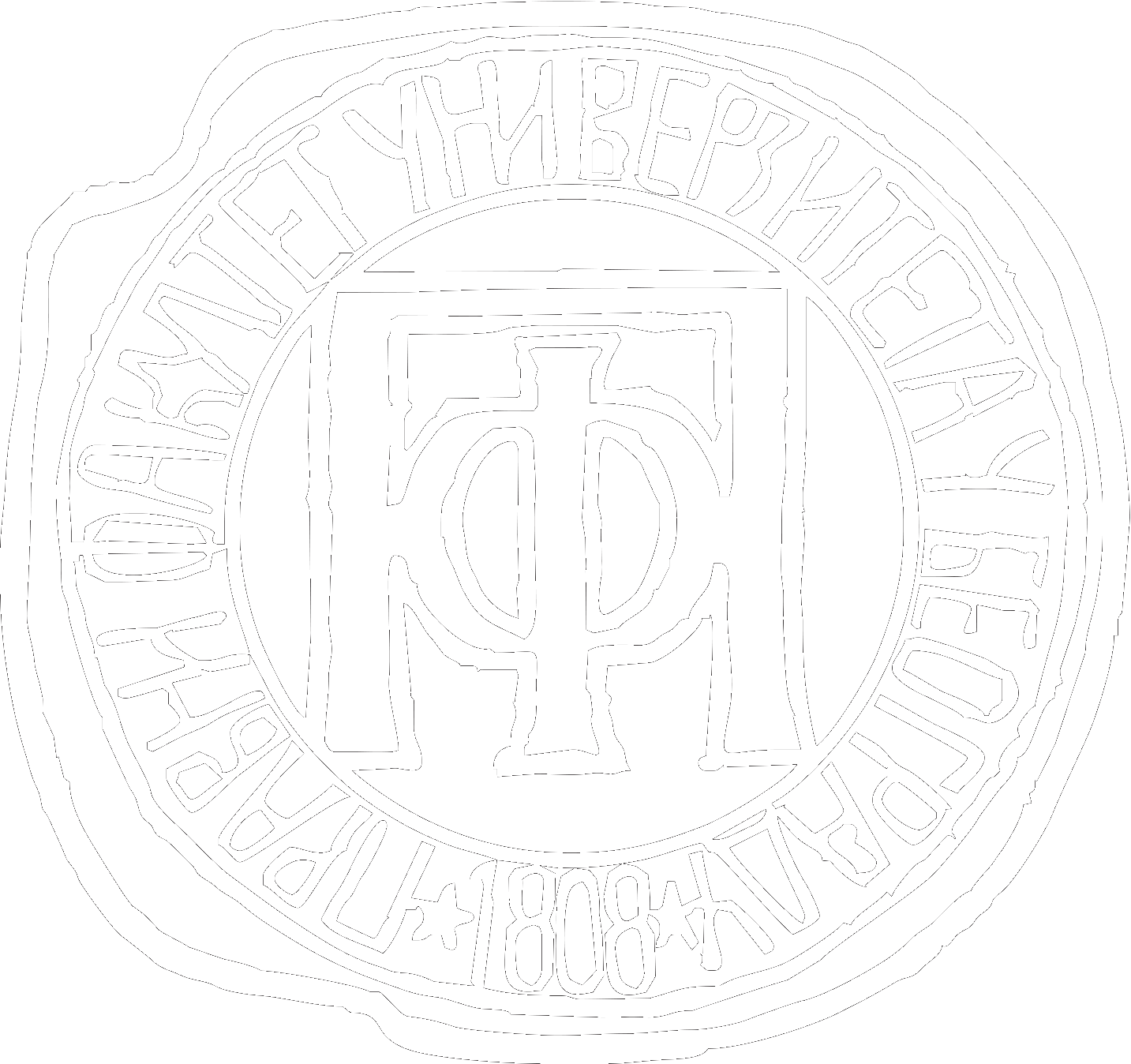Lawful but awful 'legal corporate crimes'
DOI:
https://doi.org/10.5937/crimen2301003PKeywords:
corporate crime; white-collar crime; corporate governanceAbstract
By concentrating on what is officially defined as illegal or criminal, an even more serious threat to society is left out. This threat is caused by a host of company practices that are within the letter of the law and yet, they have multiple adverse social consequences. Quite often, the main reason why these practices remain legal and respected is that these industries are able to mobilize financial and other resources in order to avoid stricter regulation. The recent revelations regarding the tobacco industry illustrate the point. Tobacco is merely one of several industries that clash with the public interest. Additional illustrations can come from the gambling industry, weapons makers, private security firms, petrochemicals, pharmaceuticals, biotechnology firms, offshore financial institutions, law firms, and antiquities traders. The argument of this paper is that we have set our priorities wrongly by overlooking crime and malpractices with far more negative consequences than the official crime problem. Instead of attempting to remedy this problem, we are moving in the opposite direction compounding the problems. The practices of many industries, in other words, are lawful but awful both for underprivileged people or countries and for global capitalism itself.
Downloads
References
Blum, R. H. 1984. Offshore Haven Banks, Trusts and Companies. Praeger, New York.
Blum, J., and A. Block. 1993. "Le Blanchiment de l’argent dans les Antilles." In La Planète des Drogues: Bahamas, Saint Maarten et Iles Caïmans, edited by A. Labrousse and A. Wallon, 73–102. Seuil, Paris.
Bondi, L. 2004. "Externalities of the Arms Trade." In It’s Legal but it Ain’t Right: Harmful Social Consequences of Legal Industries, edited by N. Passas and N. Goodwin, 43–73. University of Michigan Press, Ann Arbor.
Braithwaite, J. 1993. "Transnational Regulation of the Pharmaceutical Industry." Annals, AAPSS 525: 12–30. https://doi.org/10.1177/0002716293525001002
Bryan, D. A. 1981. "Consumer Safety Abroad: Dumping of Dangerous American Products Overseas." Texas Tech Law Review 12: 435–458.
Burra, N. 1995. Born to Work: Child Labour in India. Oxford University Press, Delhi.
Calavita, K., and H. N. Pontell. 1990. "'Heads I Win, Tails You Lose': Deregulation, Crime, and Crisis in the Savings and Loan Industry." Crime and Delinquency 36: 309–341. https://doi.org/10.1177/0011128790036003002
Cashman, P. 1989. "The Dalkon Shield." In Stains on a White Collar, edited by P. Grabosky and A. Sutton, 92–117. The Federation Press.
Center for Investigative Reporting, Moyers, B. 1990. Global Dumping Ground: The International Traffic in Hazardous Waste. Seven Locks Press, Washington, DC.
Cilliers, J., and P. Mason, eds. 1999. Peace, Profit or Plunder? The Privatisation of Security in War-torn African Societies. Institute for Security Studies, Halfway House, South Africa.
Clinard, M. B. 1990. Corporate Corruption: The Abuse of Power. Praeger, New York.
Conklin, J. E. 1994. Art Crime. Praeger [Greenwood], Westport, CT.
Critharis, M. 1990. "Third World Nations Are Down in the Dumps: The Exportation of Hazardous Waste." Brooklyn Journal of International Law 6 (2): 311–339.
Daynard, R. 2004. "The Cigarette Industry." In It’s Legal but it Ain’t Right: Harmful Social Consequences of Legal Industries, edited by N. Passas and N. Goodwin, 28–42. University of Michigan Press, Ann Arbor.
Desai, M. A., and J. R. J. Hines. 2000. "The Uneasy Marriage of Export Incentives and the Income Tax." NBER Working Paper W8009. National Bureau of Economic Research, Cambridge, MA. https://doi.org/10.3386/w8009
Diaz, T. 2004. "Firearms: Another Peculiar American Institution." In It’s Legal but it Ain’t Right: Harmful Social Consequences of Legal Industries, edited by N. Passas and N. Goodwin, 74–100. University of Michigan Press, Ann Arbor.
Eaton, J. P. 1997. "The Nigerian Tragedy, Environmental Regulation of Transnational Corporations, and the Human Right to a Healthy Environment." Boston University International Law Journal 15: 261–307.
Gerstenblith, P. 2004. "The Legal and Illegal Trade in Antiquities." In It’s Legal but it Ain’t Right: Harmful Social Consequences of Legal Industries, edited by N. Passas and N. Goodwin, 138–177. University of Michigan Press, Ann Arbor.
Howe, H. 2004. "Leashing the ‘Dogs of War’." In It’s Legal but it Ain’t Right: Harmful Social Consequences of Legal Industries, edited by N. Passas and N. Goodwin, 101–114. University of Michigan Press, Ann Arbor.
Human Rights Watch Arms Project. 1995. Weapons Transfers and Violations of the Laws of War in Turkey. Human Rights Watch, New York.
Jamieson, R. 1999. "'Contested Jurisdiction Border Communities’ and Cross-Border Crime: The Case of the Akwesasne." In Global Organized Crime and International Security, edited by E. C. Viano, 85–97. Ashgate, Aldershot.
Katsh, G. 2000. "Fueling Genocide: Talisman Energy and the Sudanese Slaughter." Multinational Monitor 21 (10): 13–16.
King, J., and D. Stabinsky. 1998–1999. "Biotechnology under Globalisation: The Corporate Expropriation of Plant, Animal and Microbial Species." Race and Class 40 (2/3): 73–89. https://doi.org/10.1177/030639689904000206
Levi, M. 1991. "Pecunia non Olet: Cleansing the Money-Launderers from the Temple." Crime, Law and Social Change 16: 217–302. https://doi.org/10.1007/BF00204329
Mander, J., and E. Goldsmith, eds. 1996. The Case Against the Global Economy. Sierra Club Books, San Francisco.
Margules, P. L. 1992. "International Art Theft and the Illegal Import and Export of Cultural Property: A Study of Relevant Values, Legislation, and Solutions." Suffolk Transnational Law Journal 15: 609–647.
Michalowski, R. J., and R. C. Kramer. 1987. "The Space Between Laws: The Problem of Corporate Crime in a Transnational Context." Social Problems 34 (1): 34–53. https://doi.org/10.2307/800728
Mintz, M. 1985. At Any Cost: Corporate Greed, Women and the Dalkon Shield. Pantheon, New York.
O’Brien, T. L. 1998. Bad Bet: The Inside Story of Glamour, Glitz, and Danger of America’s Gambling Industry. Random House, New York.
Passas, N. 1991. "Frauds Affecting the Budget of the European Community." Report to the Commission of the European Communities, Brussels.
Passas, N. 1995. "The Mirror of Global Evils: A Review Essay on the BCCI Affair." Justice Quarterly 12 (2): 801–829.
Passas, N. 1997. "Regional Initiatives Against International Corruption." E/CN.15/1997/3. Report to the United Nations, Crime Prevention and Criminal Justice Program, Vienna, Austria.
Passas, N. 1998. "Transnational Crime: The Interface Between Legal and Illegal Actors." Presented at the National Research Council Workshop on Transnational Organized Crime, Washington, DC.
Passas, N., ed. 1999a. Transnational Crime. Dartmouth, Aldershot.
Passas, N. 1999b. "Globalization, Criminogenic Asymmetries and Economic Crime." European Journal of Law Reform 1 (4): 399–423.
Passas, N. 2000. "Global Anomie, Dysnomie, and Economic Crime: Hidden Consequences of Globalization and Neo-liberalism in Russia and Around the World." Social Justice 27 (2): 16–44.
Passas, N., and D. Nelken. 1991. "The Fight Against Fraud in the European Community: Cacophony Rather Than Harmony." Corruption and Reform 6: 237–266.
Pavalko, R. M. 2000. Risky Business. Wadsworth, Belmont, CA.
Pearce, F., and S. Tombs. 1998. Toxic Capitalism: Corporate Crime and the Chemical Industry. Dartmouth, Aldershot.
Picciotto, S. 1992. International Business Taxation. Quorum Books, New York.
Reiman, J. 2000. The Rich Get Richer and the Poor Get Prison. 6th ed. Allyn and Bacon, Boston.
Ritchie, M. 2004. "The High Price of Cheap Food." In It’s Legal but it Ain’t Right: Harmful Social Consequences of Legal Industries, edited by N. Passas and N. Goodwin, 178–193. University of Michigan Press, Ann Arbor.
Rizvi, M. 2000. "Corporate Farming Comes to Pakistan: The Harvest of Globalization and Business Influence." Multinational Monitor 21 (10): 17–20.
Schwendinger, H., and J. Schwendinger. 1975. "Defenders of Order or Guardians of Human Rights?" In Critical Criminology, edited by I. Taylor, P. Walton, and J. Young, 113–146. Routledge & Kegan Paul, London.
Shiva, V. 1997. Biopiracy: The Plunder of Nature and Knowledge. South End Press, Boston.
Silverstein, K., and A. Cockburn. 1995. "Major U.S. Bank Urges Zapatista Wipe-out: A Litmus Test for Mexico’s Stability." Counterpunch 2 (3).
Sutherland, E. H. 1983. White Collar Crime: The Uncut Version. Yale University Press, New Haven.
Szasz, A. 1986. "Corporations, Organized Crime, and the Disposal of Hazardous Waste: An Examination of the Making of a Criminogenic Regulatory Structure." Criminology 24 (1): 1–27. https://doi.org/10.1111/j.1745-9125.1986.tb00374.x
Tribunali di Milano e Napoli. 1996. Le Mazzette della Fininvest. Kaos Edizioni, Milano.
Vogel, J., ed. 1997. Craped Out: How Gambling Ruins the Economy and Destroys Lives. Common Courage Press, Monroe, ME.
Warde, I. 1998. "LTCM: A Hedge Fund Above Suspicion." Le Monde Diplomatique, November.
Yeoman, B. 2000. "Steel Town Lockdown." Mother Jones: 38–47.

Downloads
Published
How to Cite
Issue
Section
License
Copyright (c) 2023 Nikos Pasas; Tamara Jakimovska (Prevodilac)

This work is licensed under a Creative Commons Attribution 4.0 International License.
The authors retain copyright and grant the journal the right of first publication, allowing others to share the work with proper attribution to the authors and acknowledgment of its original publication in this journal.










